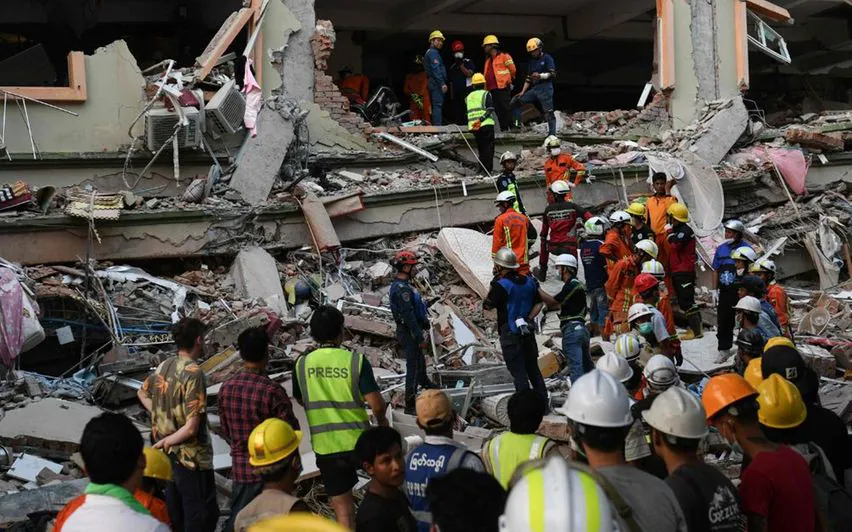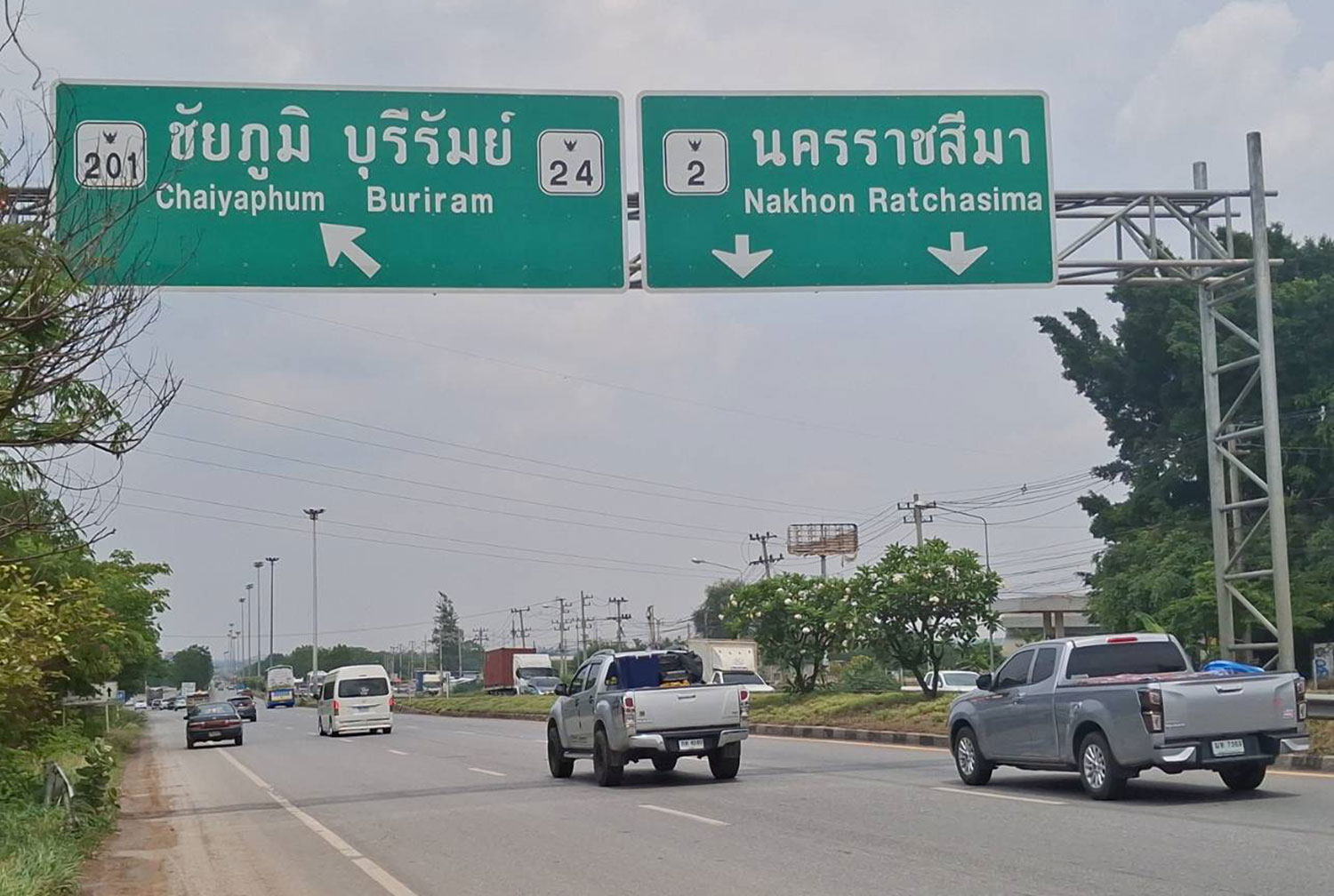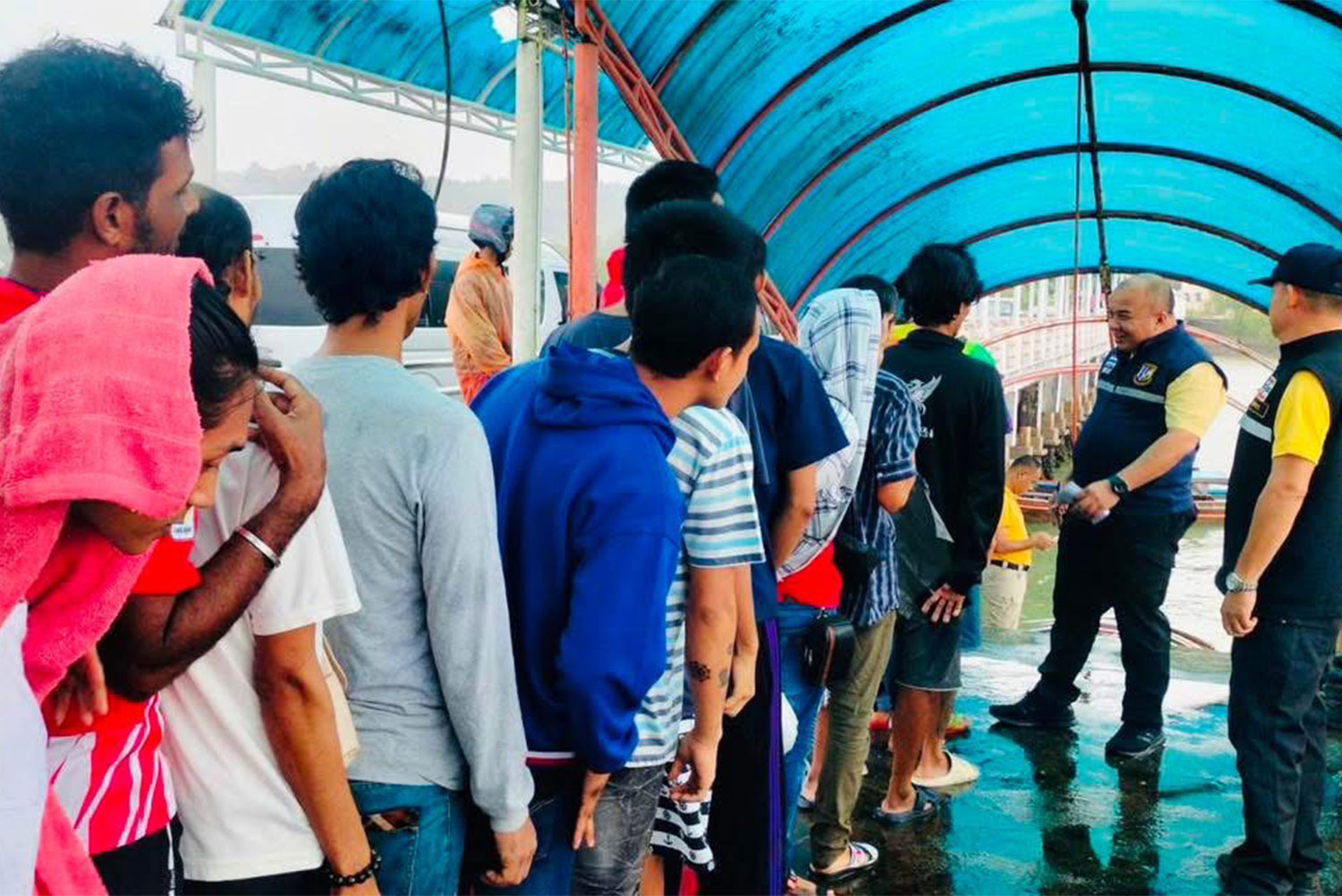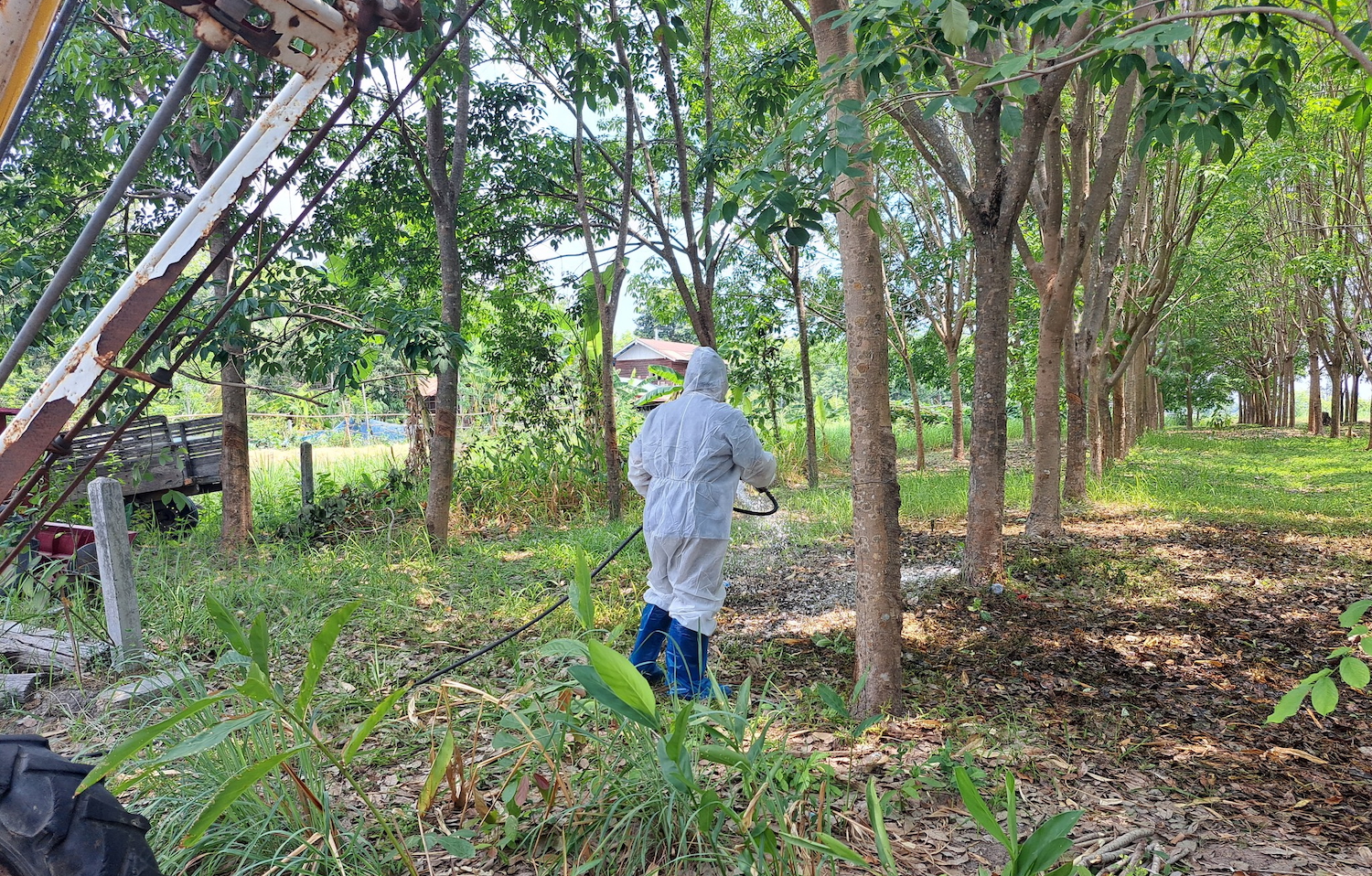Thailand’s Vulnerability to Earthquakes
Seismic Risks in Northern Regions
Experts have highlighted the increasing risks of earthquakes in northern Thailand, including provinces like Chiang Mai, Mae Hong Son, Phrae, and Tak. Despite the absence of active fault lines within the country, seismic activity from neighboring regions poses significant threats to infrastructure and public safety.
Weak Infrastructure and Building Standards
Specialists warn that many buildings in these areas lack the structural integrity to withstand powerful earthquakes or aftershocks. Immediate action is needed to improve construction standards and retrofit existing structures to mitigate potential disasters.
Enhancing Tsunami and Disaster Preparedness
Gaps in Evacuation Plans
Thailand’s tsunami warning systems are operational but lack effective evacuation protocols. Experts stress the need for comprehensive disaster preparedness strategies that include practical evacuation drills and public awareness campaigns.
Leveraging Research for Prevention
Researchers from Thailand Science Research and Innovation (TSRI) urge the government and private sectors to utilize existing studies on disaster prevention proactively. This shift from reactive to preventive measures could significantly reduce risks associated with natural disasters.
Bangkok’s High-Rise Safety Concerns
Recent Building Collapse Sparks Review
The collapse of a 30-story office tower in Bangkok during a recent earthquake has raised critical questions about construction safety standards. With 78 individuals still missing, authorities are investigating design flaws and adherence to regulations to prevent future tragedies.
Calls for Stricter Regulations
Experts advocate for revising Thailand’s building codes, particularly for high-rise structures, to ensure habitability post-earthquake. Comparisons with Japan’s evolving safety standards underscore the need for continuous improvement in regulatory practices.
Government Commitment to Action
Bridging Research and Implementation
Supamas Isarabhakdi, Minister of Higher Education, Science, Research, and Innovation, emphasized the wealth of research available on disaster prevention but lamented its underutilization. The ministry aims to bridge this gap by ensuring research is applied effectively to safeguard communities.
Economic Impacts of Disasters
The aftermath of the Bangkok building collapse has also affected investor confidence, with shares of Italian Thai Development falling by 27%. This underscores the economic implications of inadequate safety measures in construction projects.
Proactive Measures for a Safer Future
Northern Thailand must prioritize strengthening infrastructure, enhancing disaster preparedness, and revising building standards to mitigate earthquake risks. By leveraging scientific research and implementing robust policies, Thailand can protect lives and property while fostering resilience against natural disasters.









